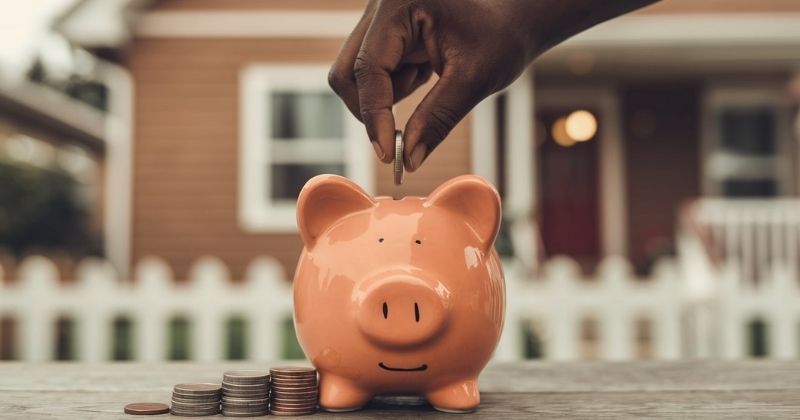
Many South Africans dream of owning a home, but achieving this in their 20s or 30s can seem unrealistic due to high property prices, economic challenges, and lingering debts like student loans. This often makes homeownership appear out of reach, leading many to continue renting. However, saving for a deposit is a crucial step towards home ownership. A substantial deposit not only strengthens your financial position but also demonstrates to banks that you are financially responsible, increasing their confidence in approving a home loan.
Key Takeaways
- Set Clear Financial Goals: Break down your savings target into manageable steps, aiming for around 10-12% of the property’s value. Establish a dedicated savings account to keep these funds separate and maximise growth with interest.
- Cut Unnecessary Expenses: Review your spending habits and reduce costs in areas such as rent, groceries, and discretionary spending. Redirect these savings towards building your deposit.
- Use Available Resources: Explore government schemes like First Home Finance and consider improving your credit history over time to boost your chances of securing a favourable home loan.
About Arcadia Finance
Get the loan you need quickly and easily with Arcadia Finance. Select from 19 trusted lenders, all fully compliant with the National Credit Regulator of South Africa, and pay no application fees. Experience a smooth, secure process tailored to your financial requirements.
Establish a Clear Goal
Saving for a house deposit becomes much more manageable when broken down into smaller, achievable steps. Setting a realistic goal is crucial. Aim to have around 10 to 12% of the property’s value set aside for the deposit, which will need to be paid upfront. Start by determining the total amount you wish to save for this deposit. Then, review your current finances in detail. Identify areas where you can cut back on expenses, find opportunities to save more, and pinpoint aspects of your lifestyle where you might be overspending.
Monitor Your Spending
To stick to your budget and avoid unnecessary spending, it’s important to monitor your expenses closely. While using a spreadsheet to record every single purchase might seem like a disciplined approach, it can often be impractical and may lead to some expenses being missed or overlooked. A more effective option would be to use a budgeting app or adopt a simpler tracking method that fits better with your daily routine. By choosing a tool that aligns with your lifestyle, you are more likely to stay on top of your spending and maintain control over your finances.
The foundation of any savings goal, especially for a property, is an effective budget. Learning how to create a budget ensures you track your income, cut unnecessary expenses, and allocate more toward your property fund.
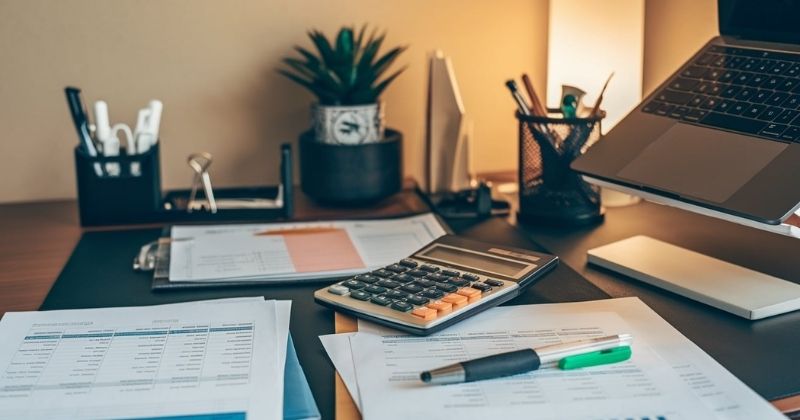
Reduce Expenses
A highly effective method to start saving for your deposit is by reducing unnecessary expenditures. Here are a few strategies to help you achieve this goal:
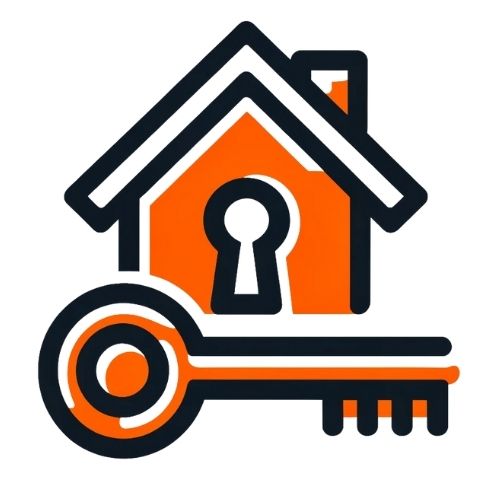
Reduce Your Rent Expenses
To effectively save for a house deposit, it’s essential to reassess and minimise your spending in various areas of your life. A practical starting point is evaluating how much you are currently allocating towards accommodation. What percentage of your monthly income goes towards rent? If it exceeds 30%, it may be worth considering more cost-effective options. This could involve seeking shared accommodation, opting for a smaller room, or relocating to a less expensive area. The aim is to avoid contributing an excessive amount to someone else’s mortgage when those funds could be used to build your own.
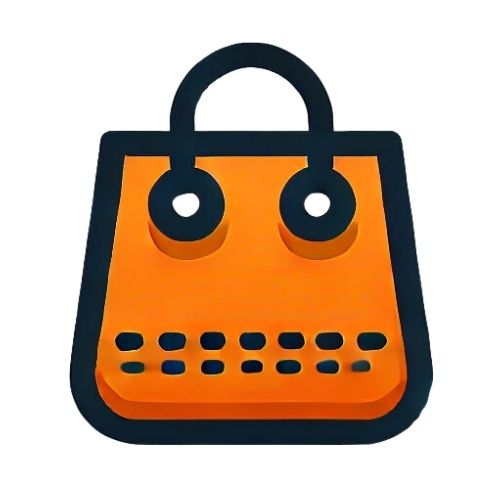
Become a Savvy Shopper
The saying “every small saving adds up” is particularly relevant when managing your finances. It’s wise to find ways to purchase what you need while paying the lowest possible prices. One approach is to organise your meals around items on special at the supermarket. Consider joining loyalty programmes to earn points on your purchases and subscribe to newsletters that notify you of upcoming sales. By cutting costs on essentials, you can lower your monthly budget, setting aside more funds for your future home deposit.
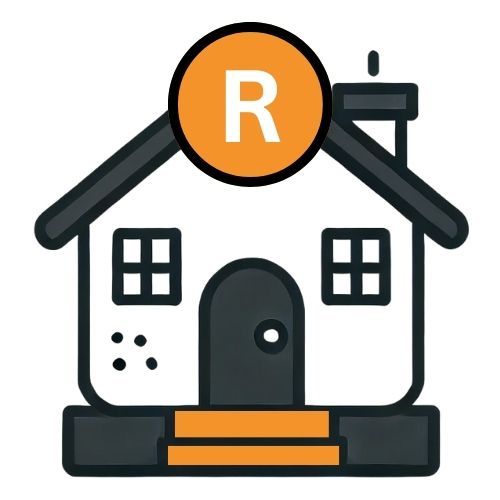
Set Up a Dedicated Savings Account for Your House Deposit
When preparing to save for a future house deposit, it is wise to establish a dedicated savings account specifically for this purpose. By doing so, you avoid the temptation of using these funds for everyday expenses or other financial needs, ensuring that the money remains strictly reserved for your deposit. This separation not only sets a clear boundary for your savings but also allows you to maximise your efforts by earning interest over time. Choosing an account with a higher interest rate, such as a fixed deposit or high-interest savings account, can significantly enhance your savings growth. Additionally, if the account allows for withdrawals at any time, it can serve as a financial buffer in case of unexpected expenses if you do not already have an emergency fund in place.
Don’t forget about transfer fees on property, which can come as a surprise to first-time buyers. These fees can quickly add up, so make sure to account for them in your budget and savings plan. Knowing this upfront will keep you financially prepared for the full cost of your property purchase.
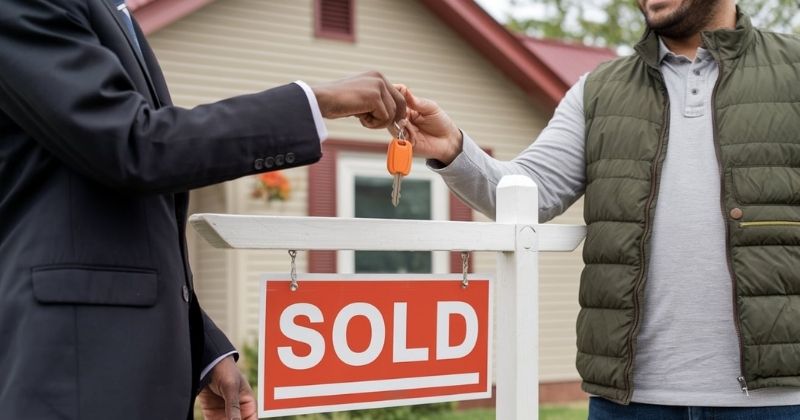
Building Up the Deposit
For many aspiring homeowners, particularly those stepping onto the property ladder for the first time, the initial deposit often presents the most significant obstacle. However, there is good news: the possibility of obtaining a 100% home loan exists, effectively removing the requirement for an upfront deposit.
Buying a plot of land is often the first step toward building wealth through real estate. But, there’s more to it than meets the eye—zoning laws, financing options, and location all play a crucial role. Get the complete picture with Things to Consider When Buying a Plot of Land to avoid costly mistakes.
Given the current financial climate in South Africa, now may be an ideal time to consider applying for a 100% home loan. The market is experiencing a situation where the availability of properties exceeds the number of potential buyers. As a result, banks are actively competing to offer home loans, increasing the likelihood of these applications being approved.
Make the Most of Unexpected Financial Gains
A windfall refers to an unexpected influx of money that you had not planned for. Examples of this could include a gift from relatives, an inheritance, or a bonus received around the holiday season. While it might be tempting to spend this money on a holiday or an upgraded computer, setting these funds aside for a future home purchase can yield significant benefits in the long run.
Enhance Your Credit History
A two-year period provides ample opportunity to take steps towards enhancing your credit history. For instance, consider making small purchases on credit and consistently paying off these accounts in full and on time. Demonstrating your ability to manage credit responsibly and avoiding excessive debt will present a favourable image to financial institutions, showing them that you are a reliable borrower.
Learn practical strategies to build your savings faster and take advantage of today’s reduced interest rates to make your home-buying journey more affordable.
Arrange for an Automated Transfer into a Different Bank Account
A highly effective strategy for building up savings towards purchasing a home is to treat the funds you are setting aside as if they are entirely out of your reach. Essentially, this involves directing a specific portion of your monthly income into a separate account, ensuring it is not easily accessible for day-to-day expenses or impulsive spending. To make this process even more foolproof, you can set up an automated transfer each month, reducing the temptation to use the money for other purposes.
Make the Most of Schemes Specifically Designed for Aspiring Homeowners
A prime example is First Home Finance (previously recognised as FLISP), a government initiative tailored for those purchasing their first property while earning a modest income. If your monthly earnings fall within the bracket of R3 501 to R22 000, you might be eligible for a subsidy provided by the government, ranging between R38 878 and R169 264.
This financial support could offer a significant advantage in your journey to becoming a homeowner. Consider how this monetary aid could assist you. For instance, these funds could be used as a deposit on your new home, thereby improving your chances of securing loan approval and subsequently lowering your monthly repayments.
Building a savings plan is the first step toward owning your dream home. The Process of Buying a House helps you map out the entire journey, giving insights into costs you’ll need to prepare for.
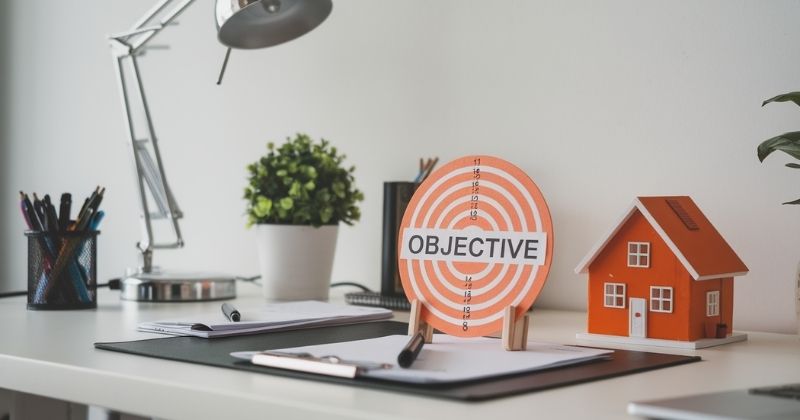
Focus on Your Objective
Saving for a deposit on your future home is undeniably a challenging process. It requires significant patience and a strong sense of self-discipline. Keeping your focus on the end goal is essential. Consider cutting unnecessary expenses: cancel that gym membership you never use, avoid upgrading your mobile phone contract, review your insurance policies for better deals, prepare more meals at home, and shop for clothing only during sales. Every small amount saved brings you closer to having the keys to your very own house.
Take time to reflect on how important homeownership is to you. Is it significant enough to make it a top priority, even if it means putting other desires, such as travel, on hold? If the answer is yes, then commit to the effort wholeheartedly. With this level of determination, you’ll find that, in the not-so-distant future, you will have enough saved to make that all-important deposit on your own property.
While saving money for a deposit is crucial, maintaining a good credit score can significantly lower your borrowing costs. Discover what you need to know about the Minimum Credit Score to Buy a House in South Africa and maximise your chances of getting a favorable home loan.
Conclusion
While saving for a property deposit in South Africa can be challenging due to the current economic climate and increasing living costs, it is achievable with a strategic approach. Setting clear goals, managing your spending wisely, and implementing effective saving strategies can make this goal more attainable. By closely monitoring your expenses, using a dedicated savings account, and utilising available resources, you can improve your financial position and progress towards owning a home. Although the journey may require patience and sacrifice, staying focused and committed can turn the dream of homeownership into reality.
Frequently Asked Questions
It is generally recommended to aim for a deposit between 10% and 12% of the property’s value. Saving this amount not only strengthens your financial position but also shows banks that you are a low-risk borrower, which can increase your chances of securing a home loan with favourable terms.
Begin by setting a clear and realistic savings goal based on the property you wish to buy. Open a dedicated savings account specifically for your house deposit to keep these funds separate from your everyday spending. To boost your savings, review your current spending habits, cut unnecessary costs, and consider setting up an automated monthly transfer to this account. This way, a portion of your income is regularly set aside, bringing you closer to your goal.
To maximise your savings, start by reviewing your monthly expenses and finding areas where you can cut back. This might involve reducing your rent by opting for shared accommodation, moving to a more affordable area, or choosing a smaller space. Be strategic with your shopping by seeking out specials, using loyalty programmes, and buying in bulk. Also, consider cancelling unused subscriptions and memberships to cut down on unnecessary expenses. Every bit saved contributes to your deposit fund.
Yes, the First Home Finance scheme (formerly known as FLISP) is a government initiative designed to assist first-time homebuyers with modest incomes. If your monthly earnings are between R3 501 and R22 000, you may qualify for a subsidy ranging from R38 878 to R169 264. This financial support can significantly ease your path to homeownership by helping with the deposit for your new home.
Building a strong credit history is crucial for improving your chances of loan approval. Consider making small purchases on credit and ensuring you pay off the balance in full and on time each month. This demonstrates responsible financial behaviour and shows lenders that you can manage debt effectively. Avoid accumulating excessive debt, as maintaining a low debt-to-income ratio presents a positive image to banks, which can increase the likelihood of your loan application being approved.
Fast, uncomplicated, and trustworthy loan comparisons
At Arcadia Finance, you can compare loan offers from multiple lenders with no obligation and free of charge. Get a clear overview of your options and choose the best deal for you.
Fill out our form today to easily compare interest rates from 19 banks and find the right loan for you.


